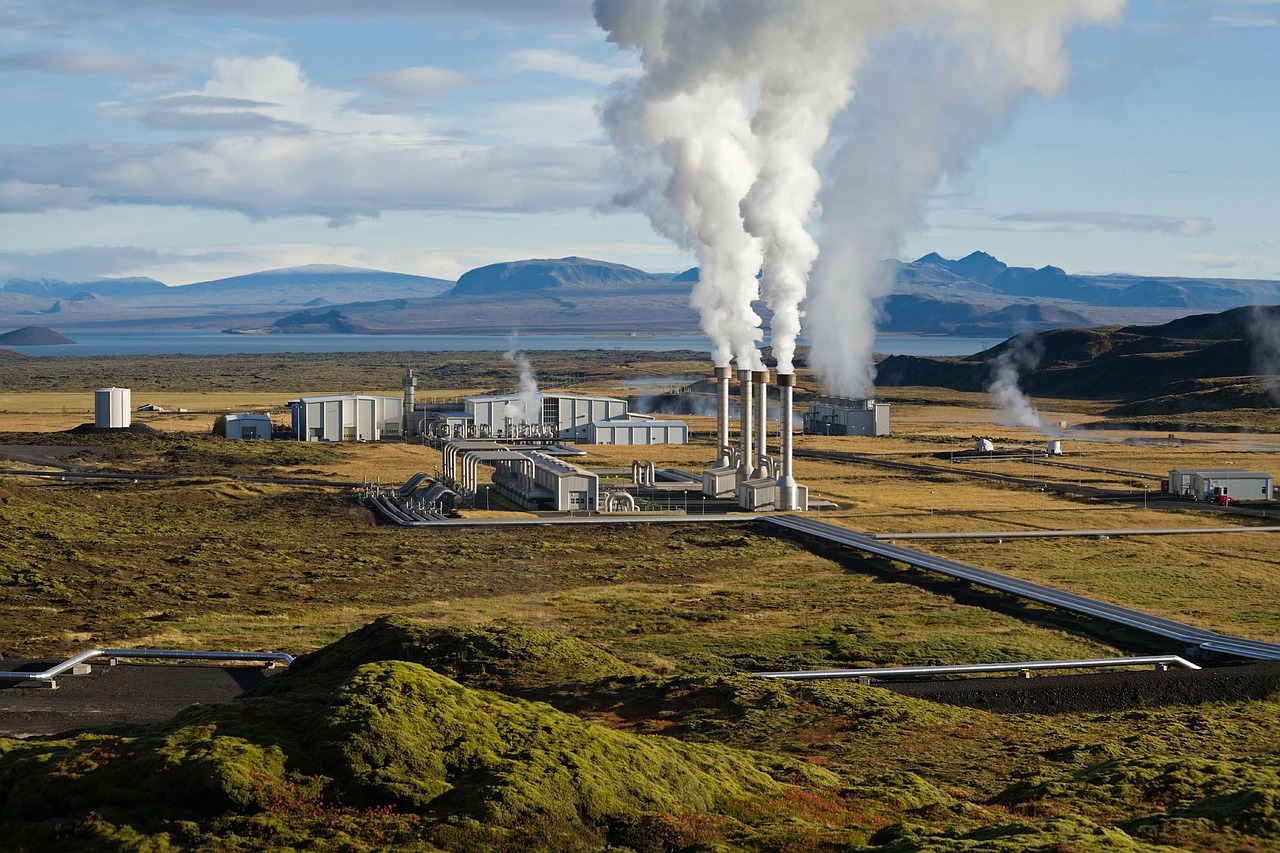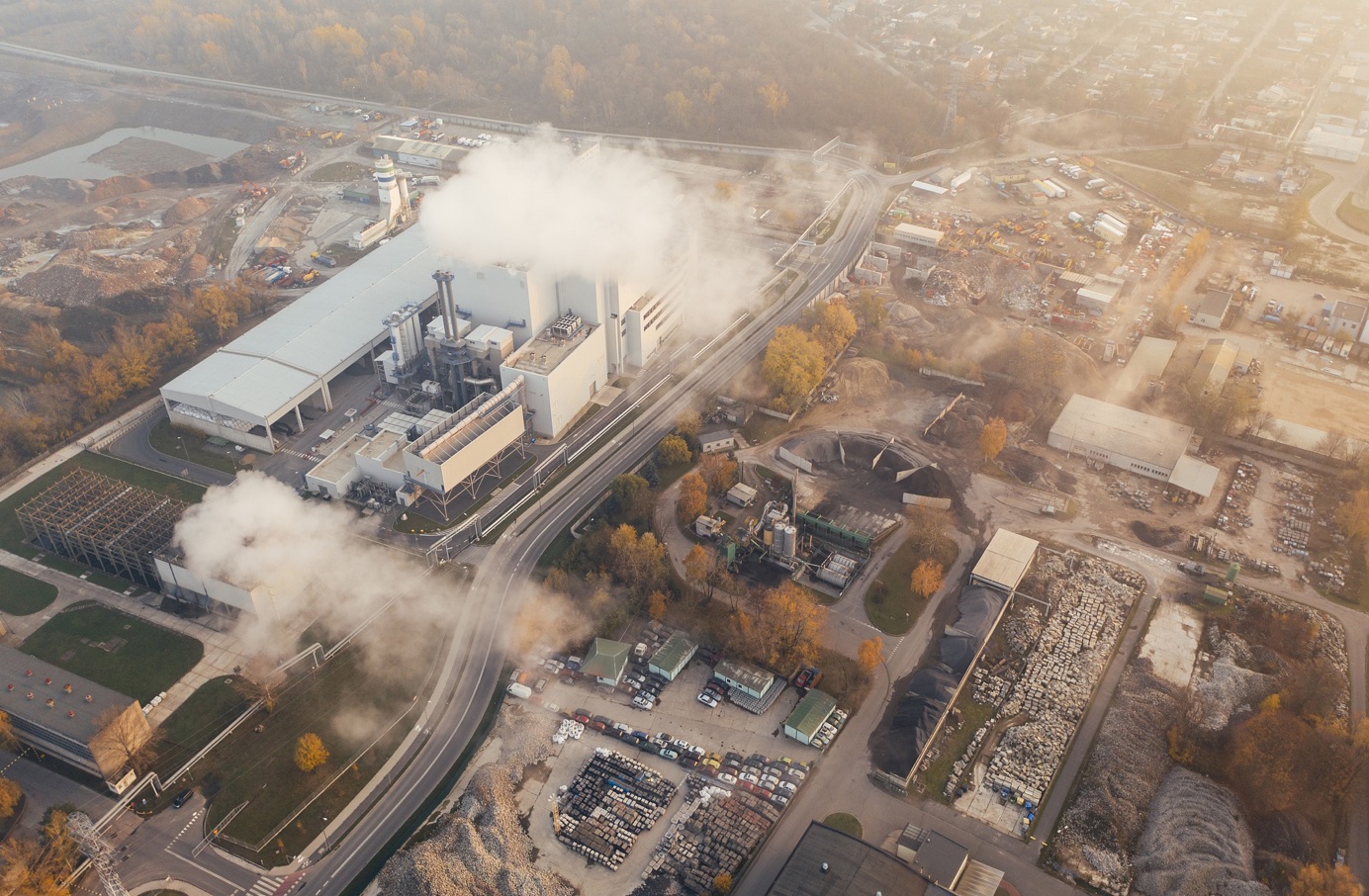To help ensure compliance, small businesses should establish a system for maintaining accurate records of their environmental activities.
Environmental law is an increasingly important area of regulation that affects businesses of all sizes, including small businesses. With growing public awareness of environmental issues and a rising demand for eco-friendly products and services, it’s essential for small business owners to understand and comply with relevant environmental regulations. In this blog post, we will explore some of the key aspects of environmental law that small businesses need to be aware of, including permits, waste management, and energy efficiency.
Permits and Compliance
One of the first steps for small businesses in understanding environmental law is to determine whether they need any permits to operate. Depending on the nature of the business and its potential impact on the environment, various permits may be required at the federal, state, or local level. These can range from air and water pollution permits to hazardous waste management permits.
Additionally, small businesses should be familiar with the concept of a Power Purchase Agreement (PPA) when considering renewable energy options. You may wonder, “What is PPA?” It is a long-term contract between a renewable energy generator and a buyer (usually a business or utility) that sets the terms for the purchase of electricity generated by the renewable energy project. This can help businesses lock in a stable price for clean energy and contribute to their sustainability goals.
Waste Management and Pollution Control
Waste management is another crucial aspect of environmental law that small businesses must consider. This includes not only the proper disposal of solid waste but also the management of hazardous waste, which may be subject to additional regulations. Small businesses should ensure that they are complying with all relevant waste management regulations, including proper storage, transportation, and disposal of waste materials.
Pollution control is another important area for small businesses to be aware of. This may involve air pollution control measures, such as installing emissions control equipment or implementing processes to reduce emissions from manufacturing or production activities. Similarly, water pollution control measures may be necessary if a business discharges wastewater or other pollutants into water bodies. Businesses should familiarize themselves with relevant pollution control regulations and take steps to ensure compliance.
Energy Efficiency and Conservation

Energy efficiency is not only an environmentally responsible practice but also a cost-saving measure for small businesses. By implementing energy-efficient measures, businesses can reduce their energy consumption, lower their utility bills, and decrease their greenhouse gas emissions. Some common energy efficiency measures for small businesses include:
Upgrading lighting systems to energy-efficient LED or compact fluorescent bulbs.
Installing energy-efficient heating, ventilation, and air conditioning (HVAC) systems.
Implementing energy management systems to monitor and optimize energy use.
Insulating buildings to reduce heat loss and improve energy efficiency.
In addition to these measures, small businesses can also explore renewable energy options, such as solar panels or wind turbines, to further reduce their environmental impact and potentially lower energy costs.
Environmental Reporting and Recordkeeping
Compliance with environmental law often involves maintaining accurate records and submitting regular reports to relevant regulatory agencies. Small businesses should be aware of any reporting and recordkeeping requirements that apply to their operations. This may include reporting air emissions, water discharges, or hazardous waste management activities.
To help ensure compliance, small businesses should establish a system for maintaining accurate records of their environmental activities. This may involve designating a specific individual or team responsible for environmental compliance, implementing regular training on environmental regulations, and conducting periodic internal audits to identify potential areas of non-compliance.


Join the conversation!